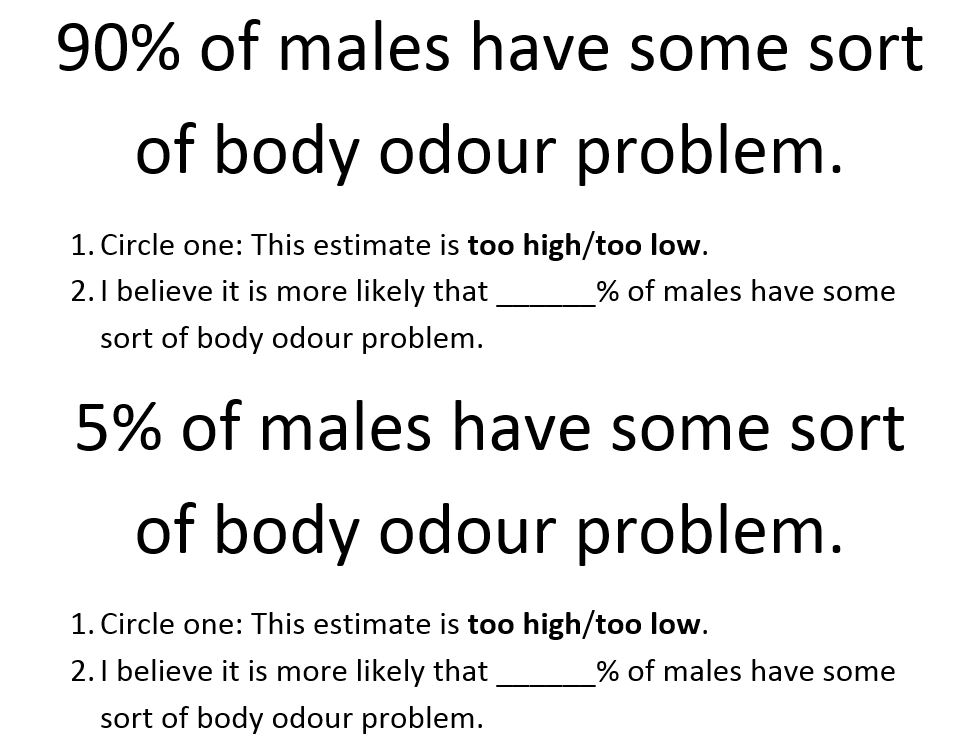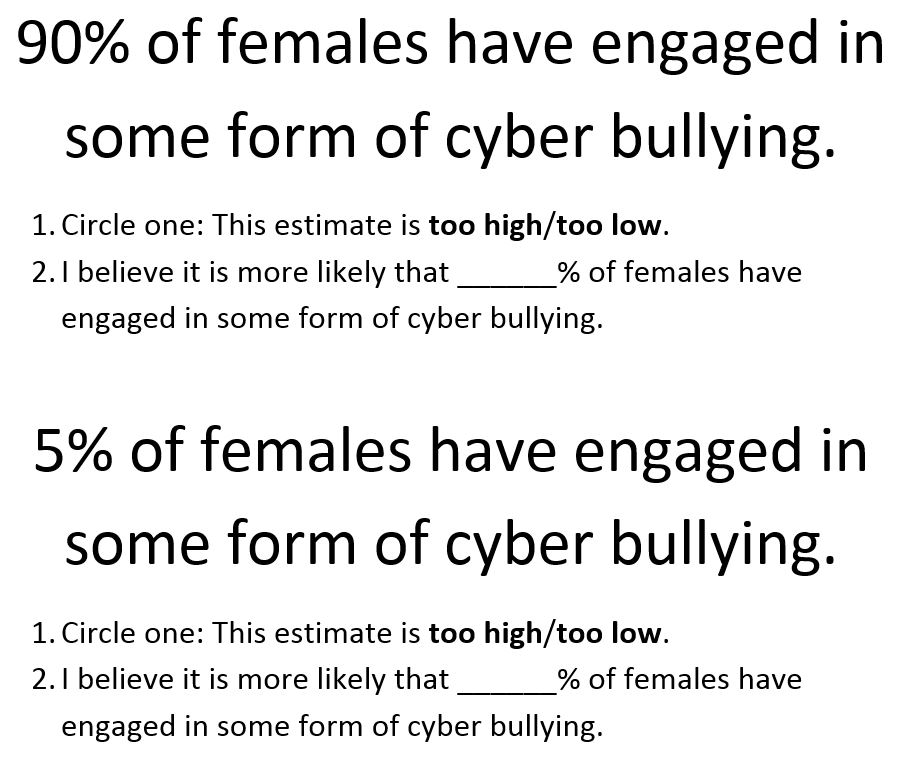This IB Psychology classroom experiment takes some forward planning. Firstly, you need one class where a single student is absent, and this absent student should be one you know has reasonable self-esteem and is reasonably well balanced (yeah, I know, good luck Mr Burton with your crazy lot!). Suggest to the class that that you have a great in-class experiment that all can do around social influence and conformity, but you will need the help of the whole class and to be successful, it will need the entire class to be able to keep it secret from our absent student. They always answer "Yes, of course Mr Burton, and of course we can keep a secret". Surprisingly enough, in all my years of running this, there has not yet been a case of loose lips sinking this particular ship.
I then run them through the scenario and this PowerPoint embedded below. Essentially this PowerPoint is a series of 10 Maths questions, and for each the actual answer is always 2.5 million. Students are instructed that they will need to provide an answer below 2.5 million for the odd numbered questions and above 2.5 million for each even numbered question, to see what effect this will have on the answers given by our naive test subject. Will social influence cause some degree of conformity?
Only now do we reveal the true purposes of the experiment to our test subject, and in one single nod to ethical considerations, ask her if it is okay to share her results with the class. Always mentioning that if we had performed this experiment with anyone else in the class, their results would be exactly the same and very likely subject to social influence as well. No one, as yet, has declined permission. The results are robust, odd answers are invariably below 2.5 million and even answers above this number.
In terms of the IB Psychology learning outcome in the Socio-cultural Level of Analysis: Discuss factors influencing conformity, this appears to be strong support for how social influence can influence conformity to a group norm ... or is it?!
This is powerful critical thinking, something the IB Psychology examiner is always looking for in the IB Psychology ERQs, and having set the lesson up this way, when we come to look at Sherif's autokinetic effect experiment (a classic in the study of conformity), it is easy to understand, apply and remember.
Lesson. Nailed.



 RSS Feed
RSS Feed